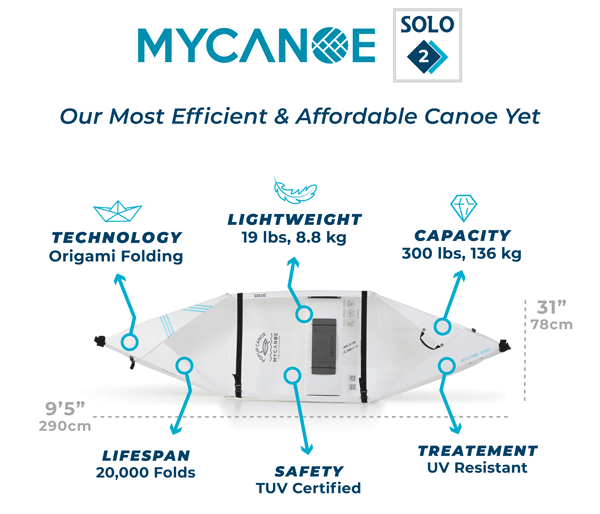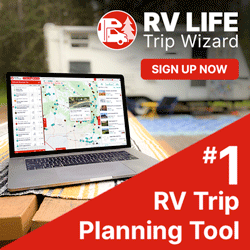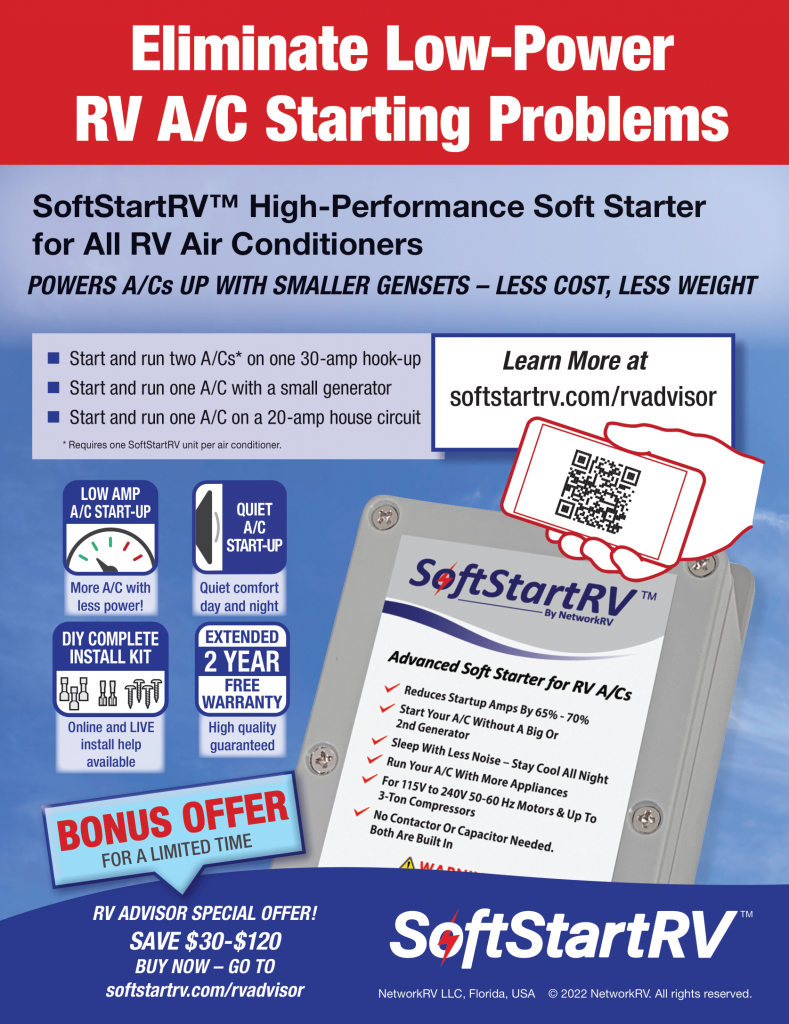Keep the power flowing with these tips
While there are certainly a lot of vital parts of an RV, it’s pretty fair to say that the batteries may
be the most important of them all. Not only do they play a key role in starting and running an
engine, but they also supply power to the lights, appliances, and other electric components. This
is why keeping your RV batteries in good shape is crucial. It would be bad enough if you couldn’t
use your stove while out on the road, but a much worse-case scenario is a complete breakdown.
These maintenance tips will help you get the most out of your batteries.
Inspect before and after a trip
Before embarking on any trip, you should take a good look at your entire RV, giving the batteries
a close inspection. If you notice any discoloration with the casing, or it’s bulging or cracked,
these are all signs of a problem. You’ll do yourself a world of good if you address this before you
take off. You should also examine the batteries closely after you arrive at your destination.
Driving over bumpy roads can cause wires to become loose or frayed.
Check the fluid levels
Batteries won’t function properly if they don’t have the right amount of water, and they can lose
this over time. It is important that all cells are looked at to see if the levels are too low. And if
fluid needs to be added, not just any water will do. Make sure it is distilled and doesn’t contain
any minerals.
Look closely at the connectors
In addition to ensuring that all terminal connectors are tight, they also need to be free of any
corrosion or residue. If they do need to be cleaned, there are battery cleaners you can buy, but
baking soda, water, and a wire brush will usually get the job done. To prevent corrosion in the
future, you can coat the exposed metal connector surfaces with a non-conductive grease, such
as petroleum jelly.
Charge correctly
It may seem like it makes sense to recharge a battery after any usage, but charging too soon
actually reduces its lifespan. A battery should be recharged when it gets down to 50 percent. In
addition, it’s important that a battery is fully recharged to 100 percent before being used again.
Undercharging also puts extra wear on a battery and can lead to sulfation, which is an
accumulation of sulfate crystals. If this happens, it can render a battery useless.
When an RV is in storage
It can be very easy to neglect battery maintenance with your RV when it’s not being used, or
you’ve put it into storage . However, so you don’t have an unpleasant surprise the next time you
want to use it, this is something you don’t want to ignore. To avoid this, you should check your
batteries every month or so, paying close attention to the areas mentioned above. You should
also run the generator until the batteries are completely charged. If your RV is outside in an area
that can get very cold, your best bet may be to remove the batteries and keep them inside.
Preventative maintenance is essential for any vehicle’s batteries, and it’s doubly important for
an RV’s. Following these basic tips can help ensure that you have power whenever you need it.
To get more information about RV care and maintenance, think about joining the RV Advisor
community. Membership is only $25 per year, and it gives you access to guides and articles,
online forums, and reviews. If you have any questions, please contact us today . We’d love to
hear from you!































